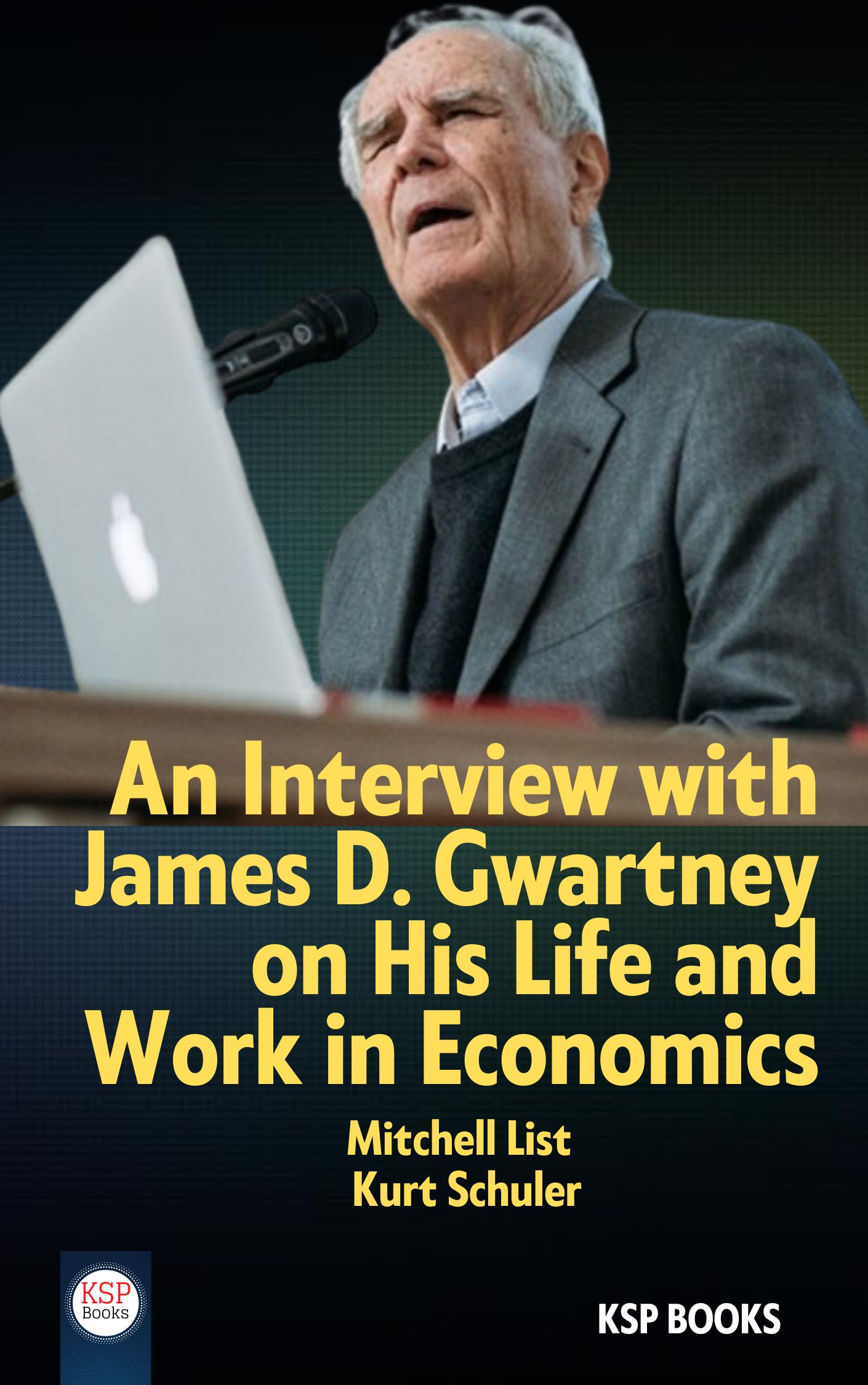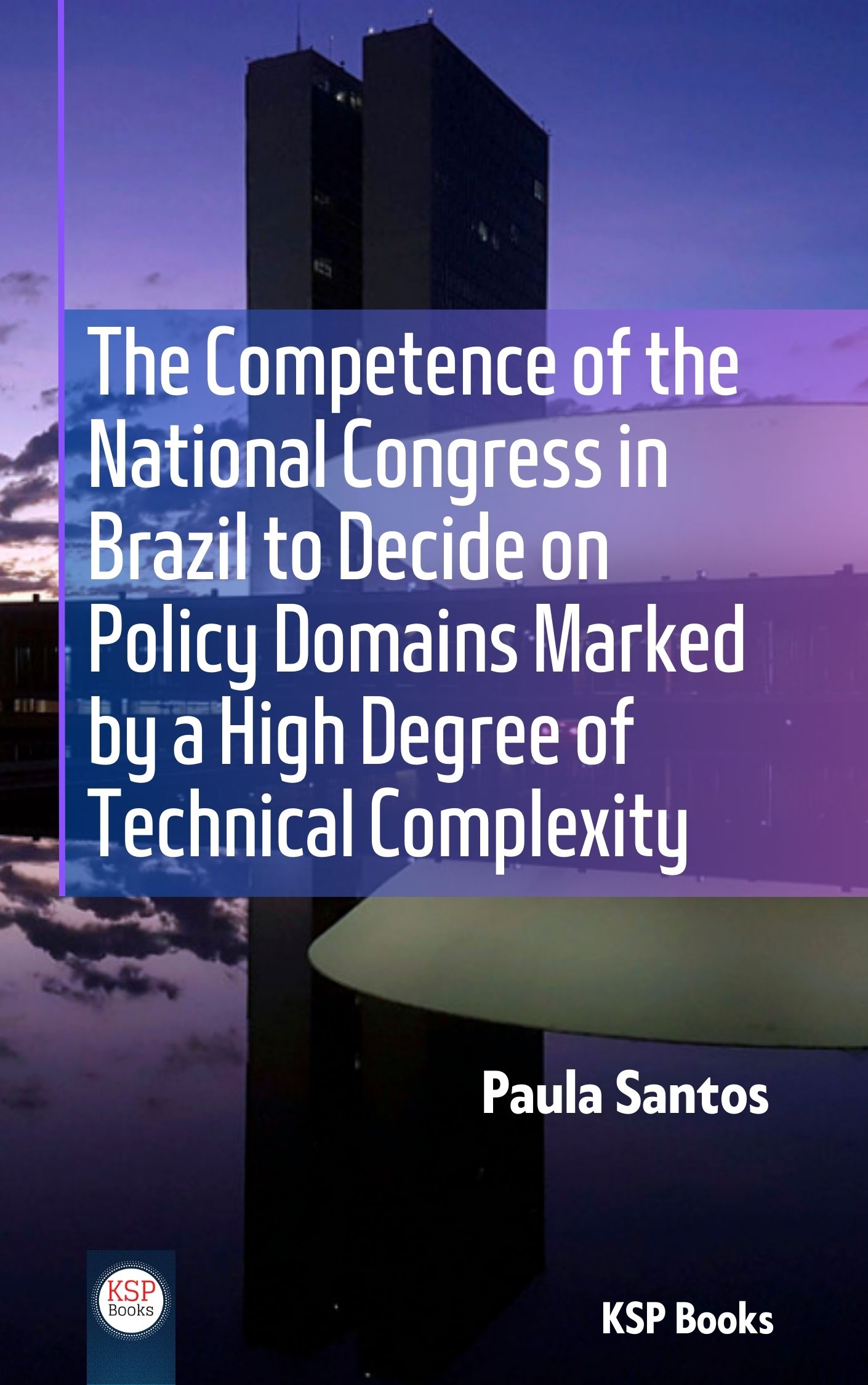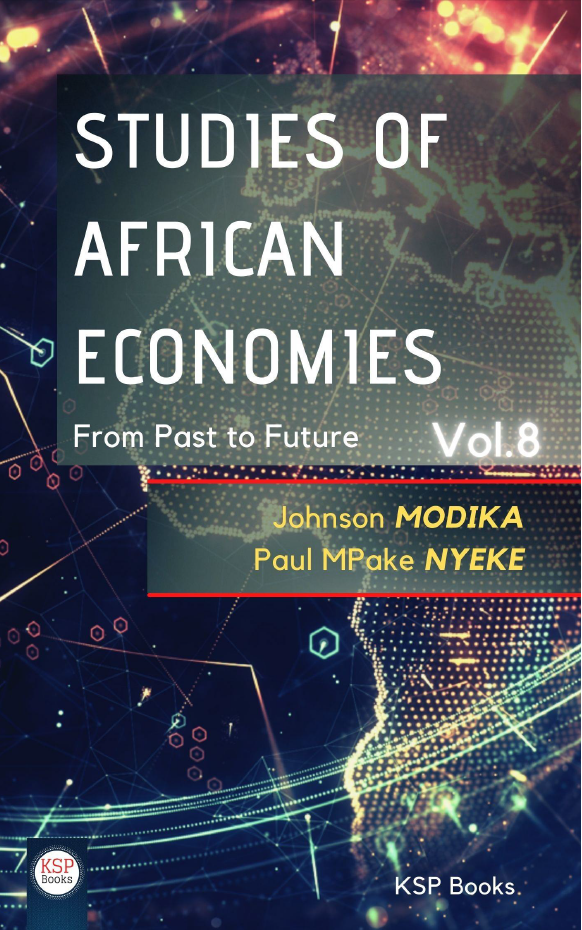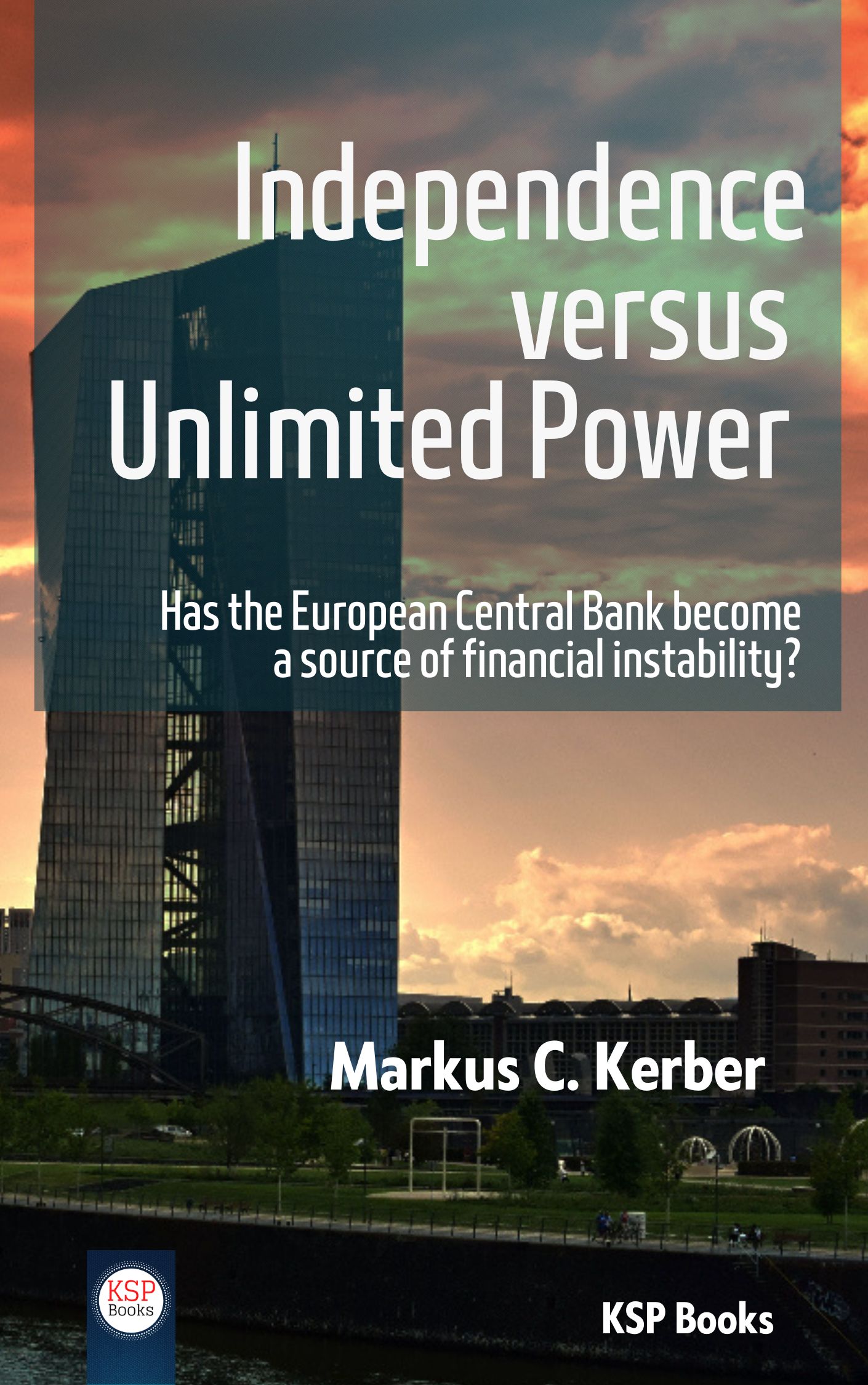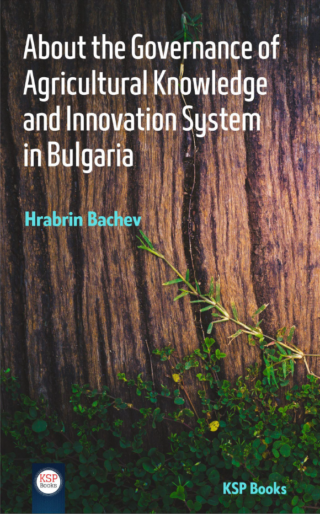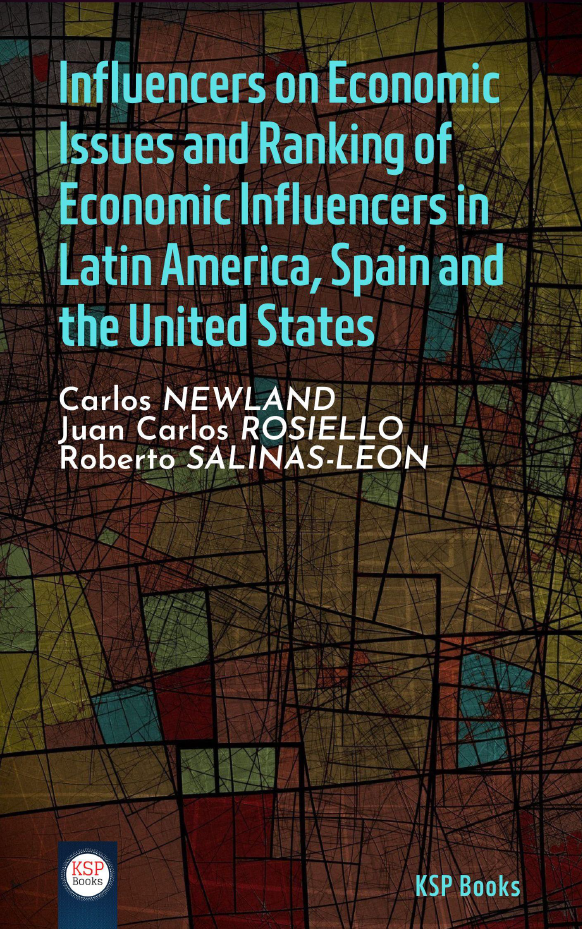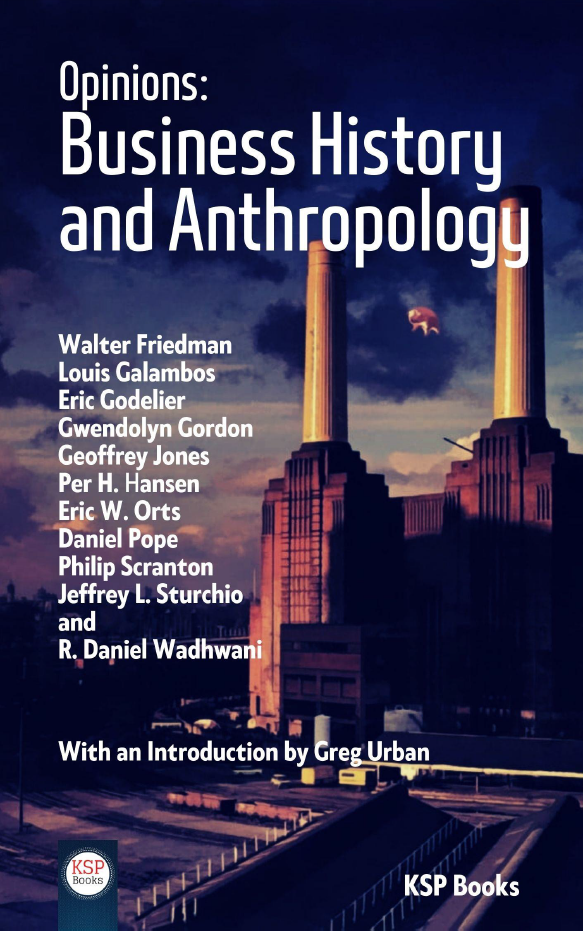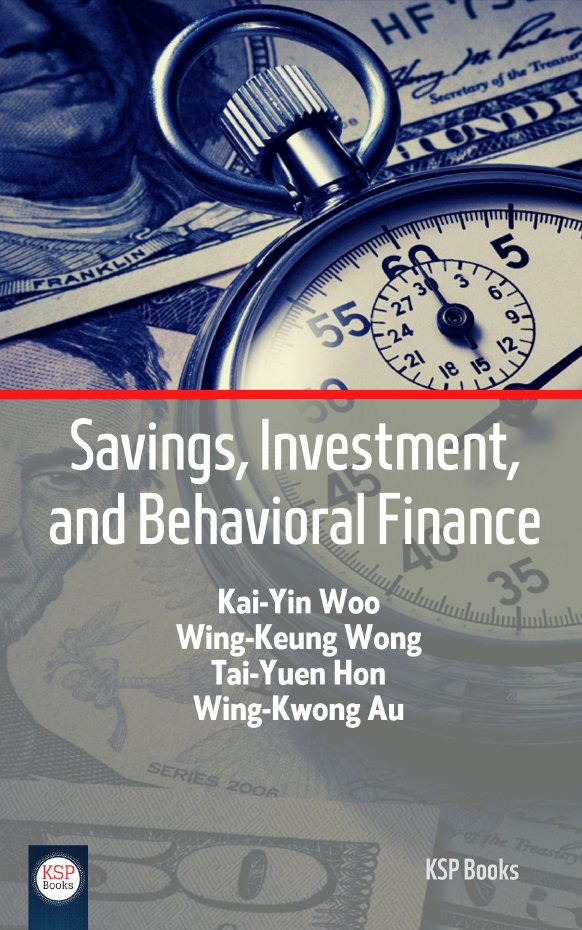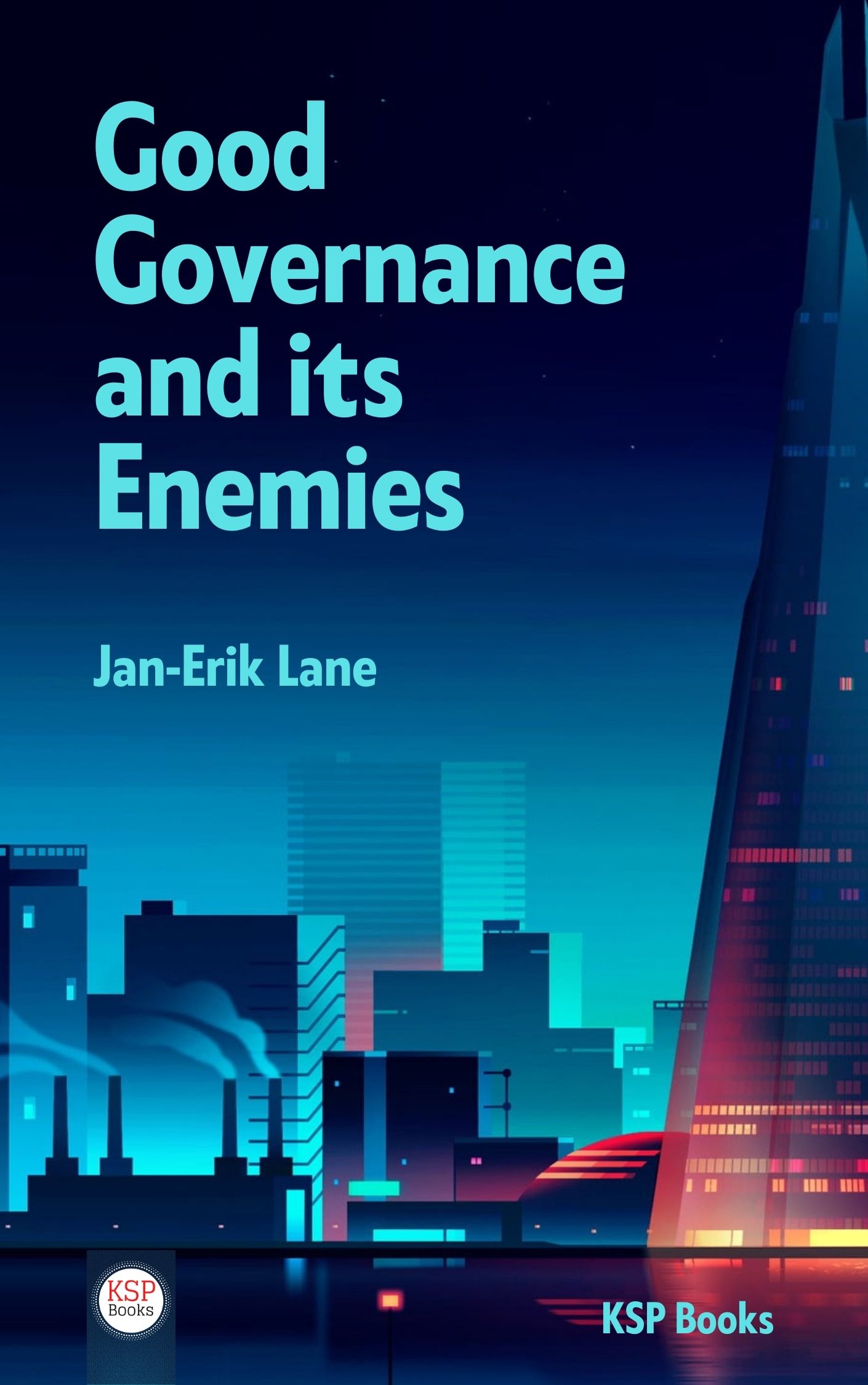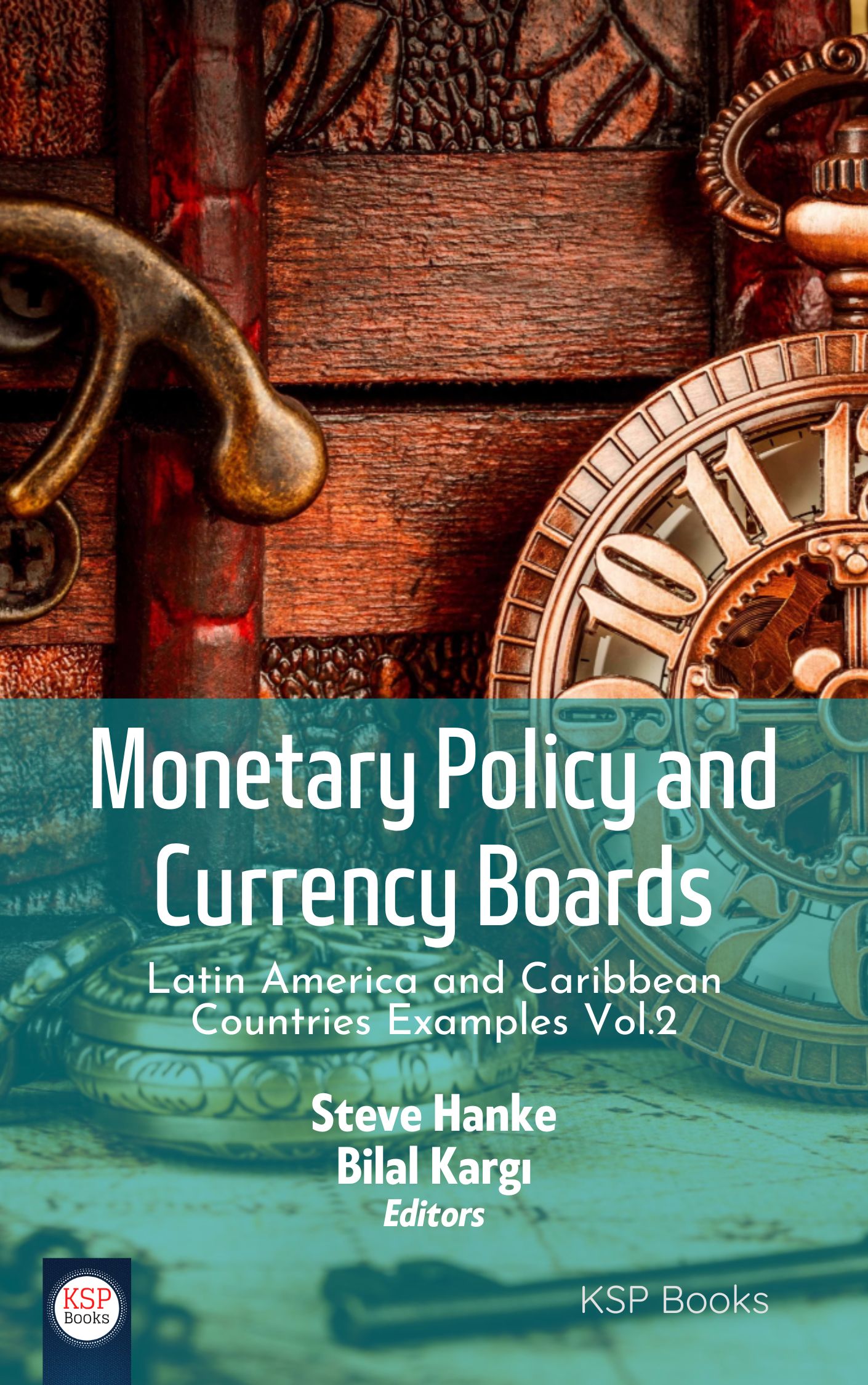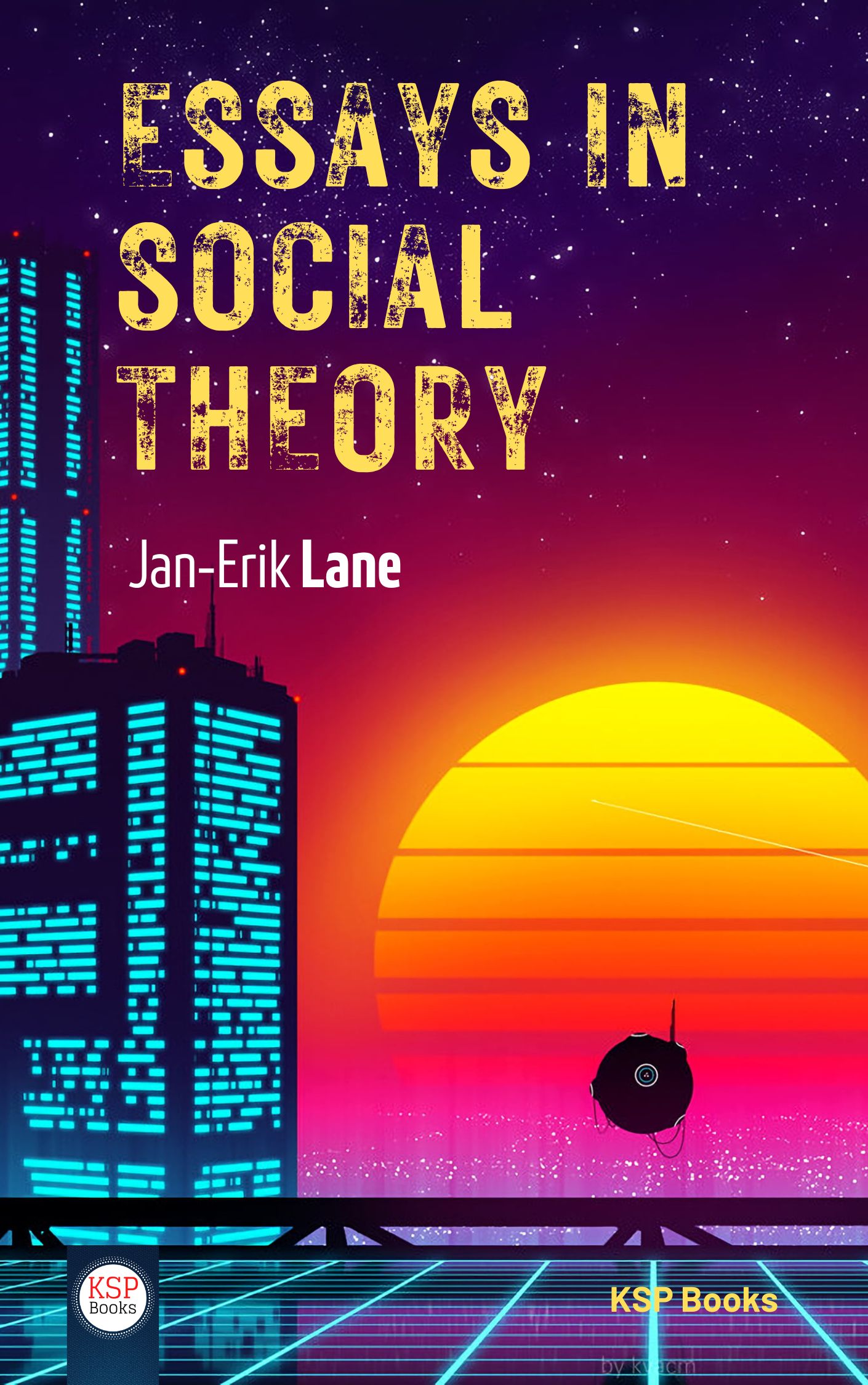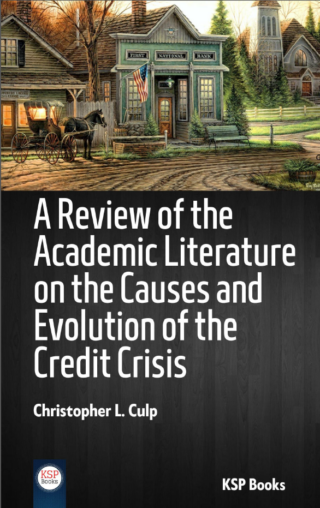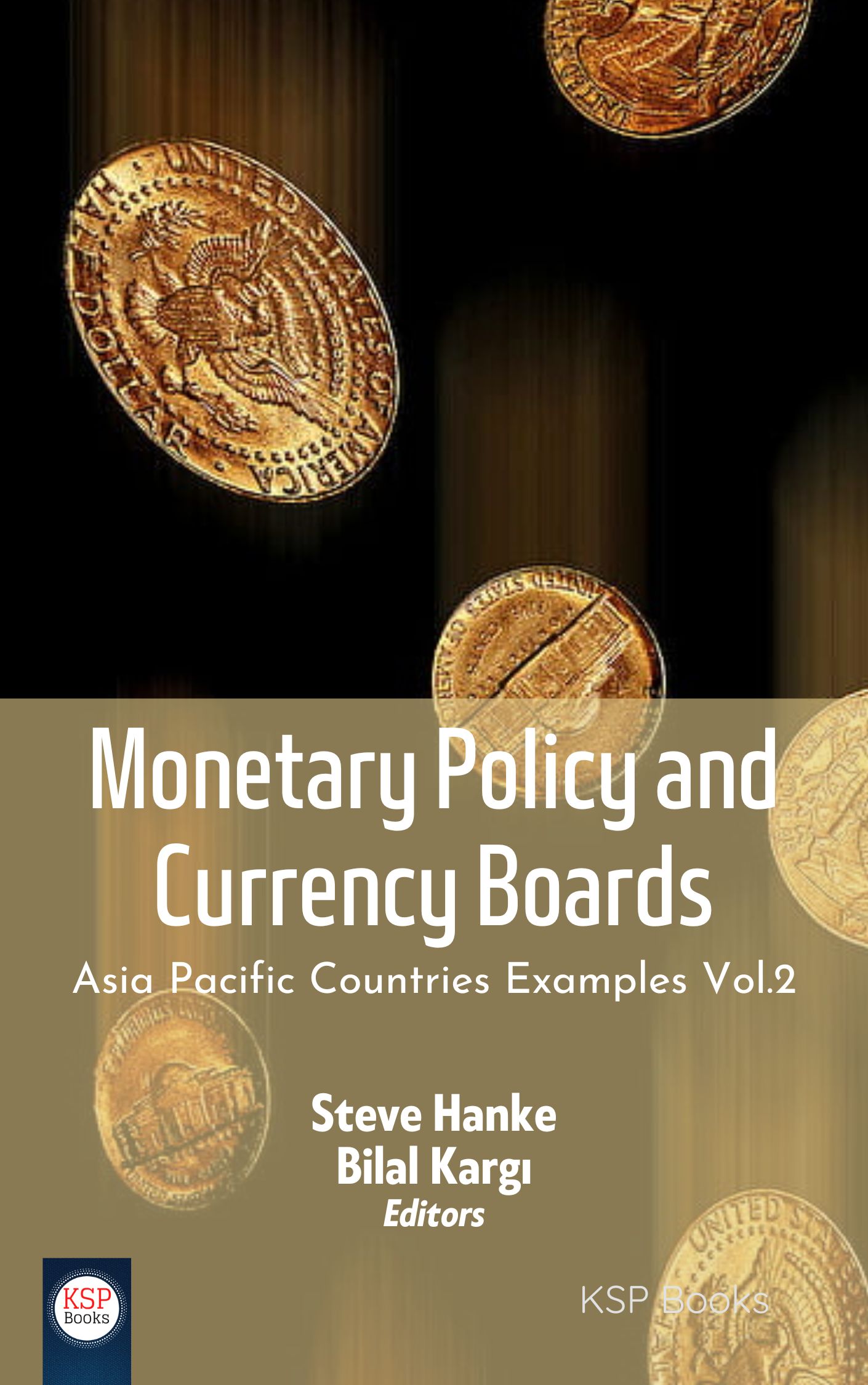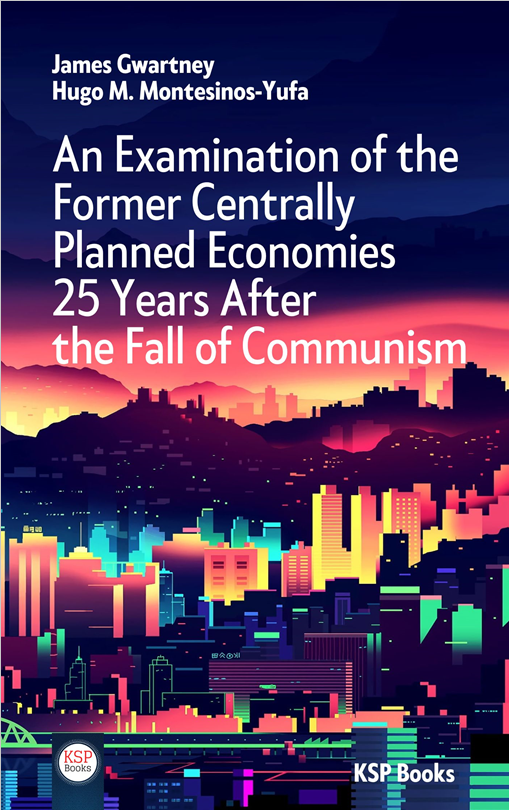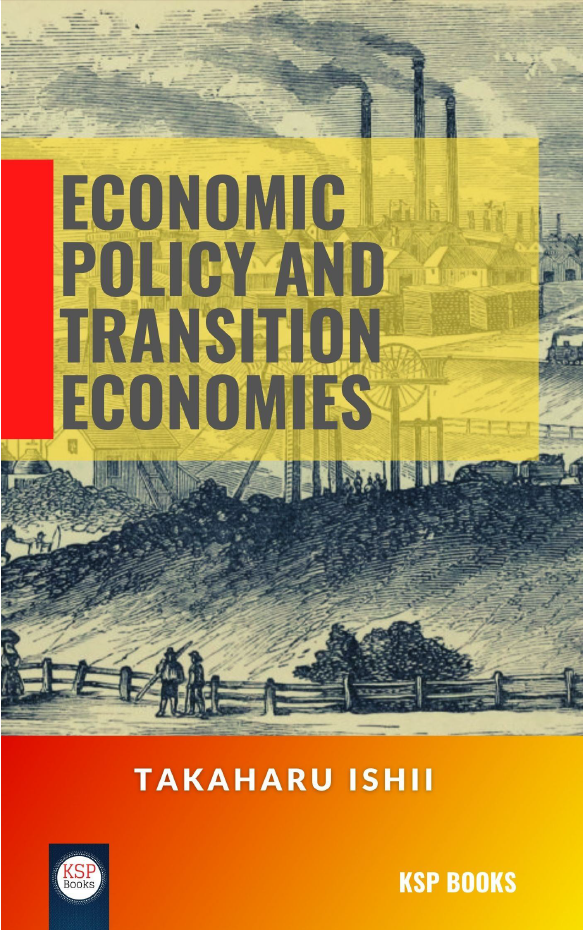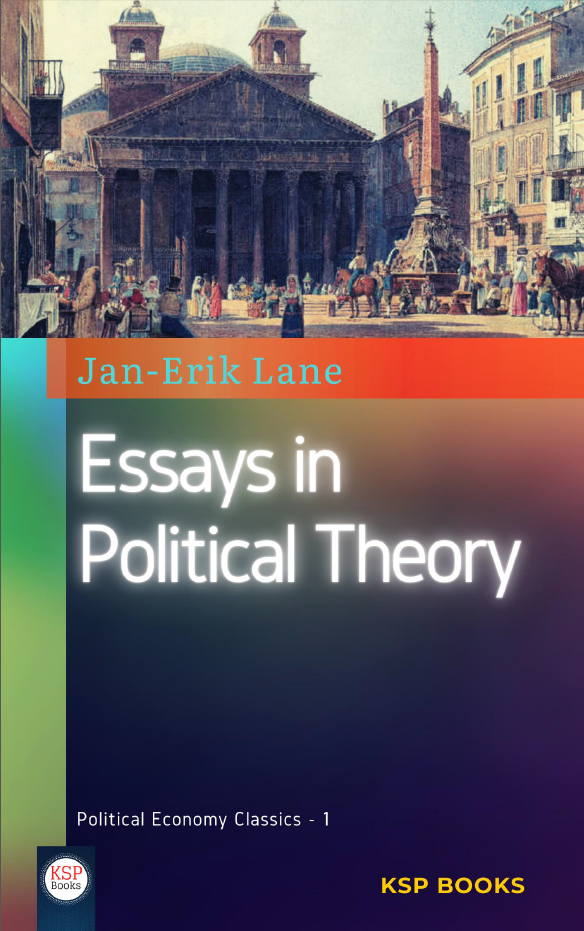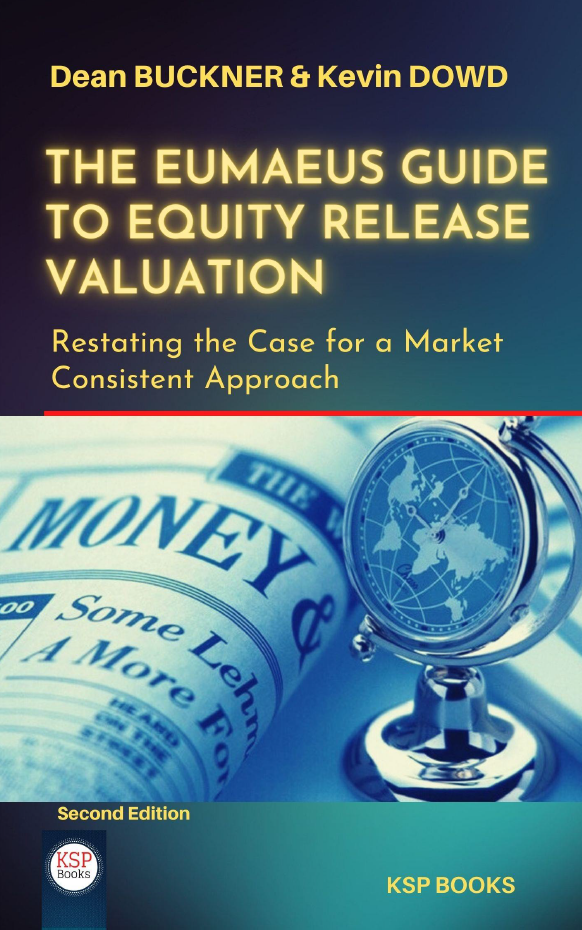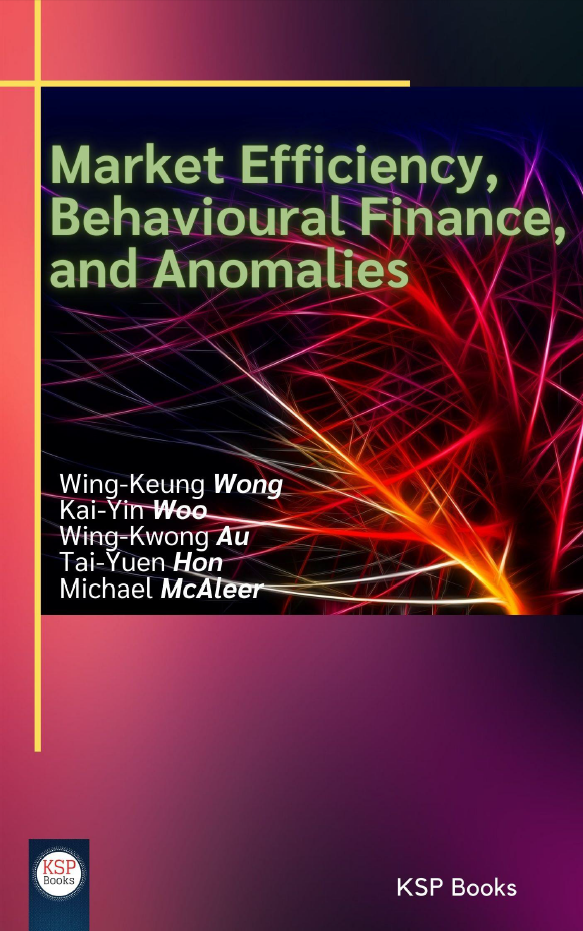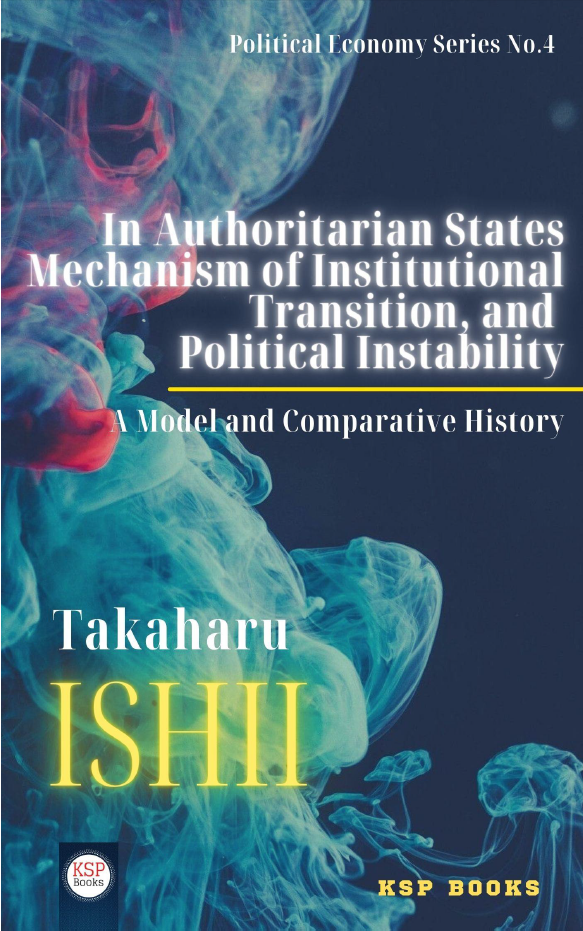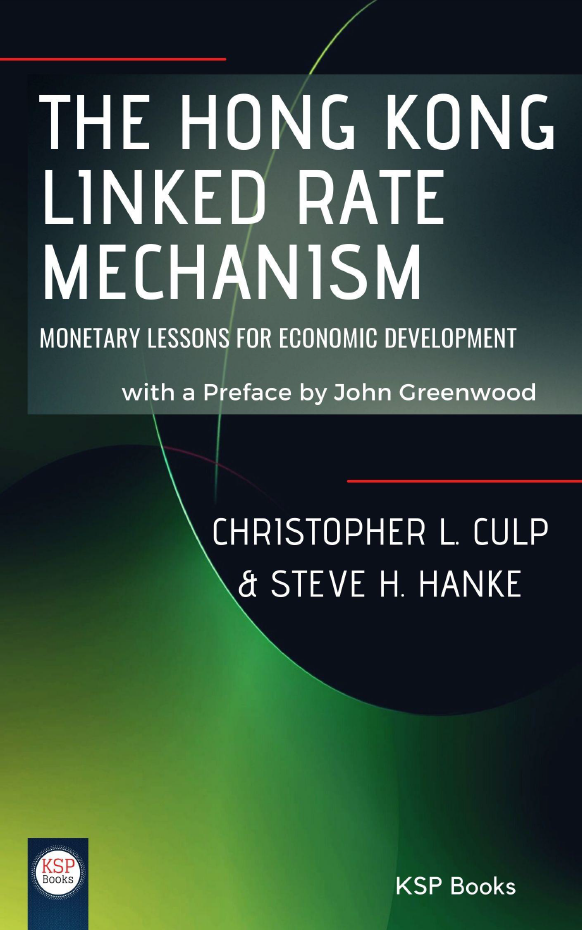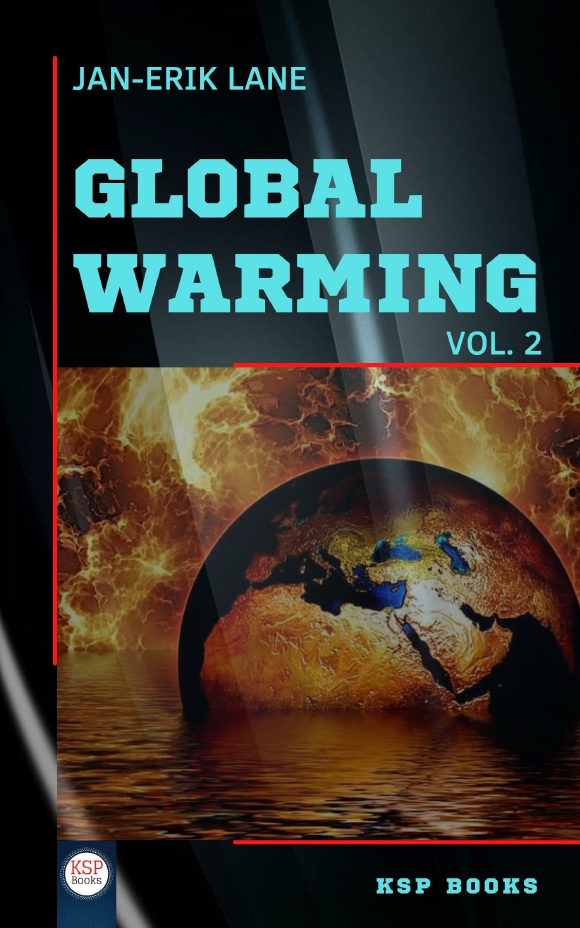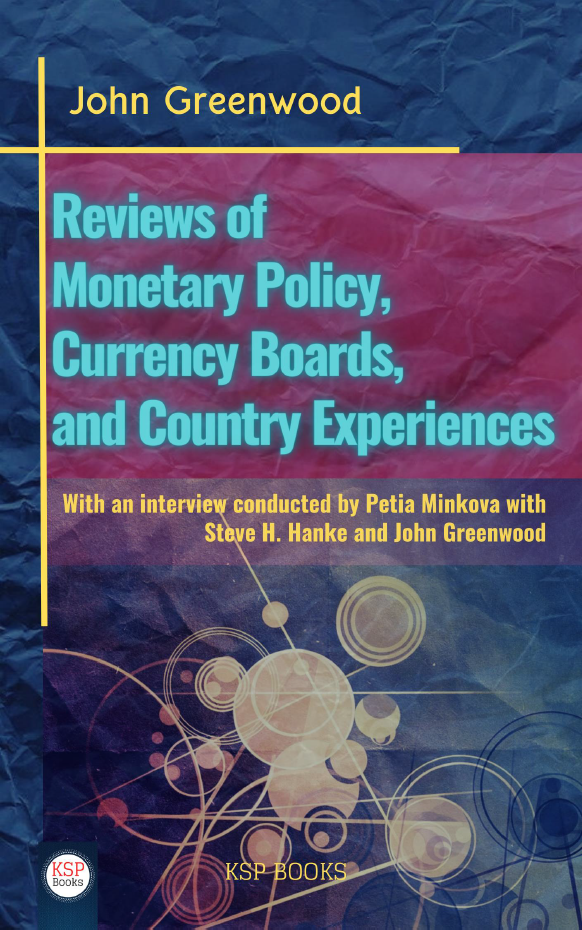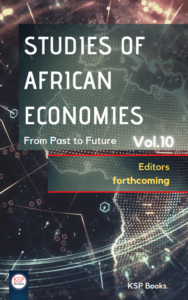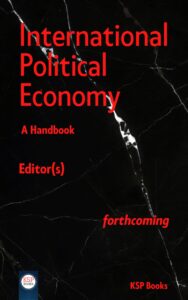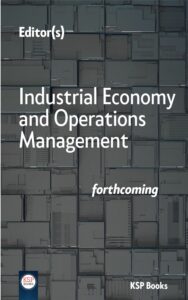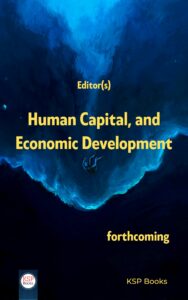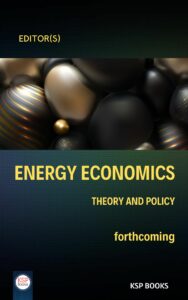By
Jan-Erik Lane
University of Geneva, Switzerland
e-ISBN: 978-625-6861-90-9
Publishing Date: October 28, 2023
File Size: 3,309 MB
Length: xx + 118 pages (PDF)
Language: English
Dimensions: 13,5 x 21,5 cm
 This Book is completely open access. You can freely read, download and share with everyone.
This Book is completely open access. You can freely read, download and share with everyone. 
It is possible to present a brief summary of the subjects that the chapters in this book focus on.
Ch 1. The 21st century will most probably be the last one for mankind. First, the threat of nuclear confrontation is imminently present in the Ukraine war, where with escalation, it becomes global. Second, global warming will make life unbearable. There is no strategically viable way out of the heating up of the planet, as every state cheats. Now, we have 425 ppm.
Ch 2. Professor M. Sandel argues in the book Justice: What is the Right Thing to do, that virtue and the common good capture the essence of morality as well as that justice is dependent upon morality. These two arguments come from his well-known lectures with Harvard University. But can they be upheld? Or are these words -“virtue” and “common good”- building stones of morality?
Ch 3. Global attention is now very much directed onto questions of war and military armaments. In a long run perspective on humankind in the 21st century, global warming raises an even more fundamental problem of human survival. By heating the planet through greenhouse gases, especially CO2 and methane, rich countries risk their affluence and poor countries will be even worse.
Ch 4. Today there is a set of well-ordered countries to which many people would liķe to move. What is their advantage? Reply: they are well-ordered im the public and private sectors adhering to the Keynesian model of a mixed economy.
Ch 5. Russia is a peculiar country. The Russian people is governed by a president who violates the constitution of the country, embezzling enormous sums of money and has begun a war with big losses. How did it then come to all of this?
Ch 6. New Labour came close to changing the political economy of the UK. There were 3 leading personalities that time has treated somewhat grimly. They have rendered account of their doings. In fact, New Labour was a necessity, if there would be a shift of power to the Left. It signalled the necessary ideological transition from ownership focus towards sustainability and equality. There will be more “new”, if French developments are to be avoided for “socialism". This article concludes that to avoid the disaster of the French socialist party, New Labour needs rethinking away from Marxism’s ownership focus towards sustainability and equality.
Ch 7. The economic impact of the war in Ukraine becomes more and more costly. The destruction of capital in a ⁵sizeable part of the Ukraine I is immense. And the expenditures on war materials keep augmenting, not only for the belligerent parties but also for Western governments aiding Ukraine. The Russian president promises to fight mistakenly approaching the war as sunk costs.
Ch 8. In the world today –the real world and not merely a possible world –we have some 200 states, butonly a handful of regimetypes. The essence of these few types is to be found in their meaning –in Max Weber's use of “sinn" (1978). Instead of aninquiry into institutional variation, we will ask what their meaning is. Keywords: regimetypes, spread of dictatorship, crisis of democracy, principal-agent problematic.
Ch 9. We suggest that not only that the P-A framework is applicable onto public organization but also that it is highly suitable for analyzing relations involving accountability. The two main phenomena in principal-agent interaction – hidden action and hidden knowledge – may be identified in public organization. In addition, one may speak of transaction costs which the principal incurs when he/she attempts to handle asymmetric information. We show what is involved by four essential Diagrams.
Ch 10. Does federalism matter for democratic longevity? Most scholars would reply first ‘yes’, and then most probably add ‘very positively’. We show in this article that one should not take for granted that federalism constitutes a positive for democratic stability. This surprising result, derived from a regression approach where the impact of federalism is tapped while controlling for other factors constituting embeddedness, explains why many federal states have authoritarian regimes or unstable governments. More research on federalism is needed without harbouring preconceptions about the outcomes of this kind of political decentralization. One must separate between formal and real federalism as well as between various forms of political decentralization. The findings of this article tend to support the sceptical appreciation of federalism in the literature on political institutions.
Ch 11. Despite the popularity of federalism as a discourse, it is difficult to pin down what real federalism amounts to. Equating federalism with decentralization, democracy or consen sus political culture is more rhetoric than observation upon the countries with a federal dispensation. A federal constitution introduces a duality between the nation-state and the provincial states, which comes with a cost in the form of increasing transaction costs, compared with a unitary framework. Supporting increasing political transaction costs necessary in very large countries in order to arrive at political stability. But it may also result in stalemate and policy failure.
Dedication
Foreword
1. A philosophy of pessimism
2. Why is moral theory so vague?
3. The global crisis with states incapable of minimax
4. The well-ordered countries
5. Why Is Russia Backward?
6. British politicians: The dreamer, the manager and the broker
7. An economic burden too heavy
8. Political systems: parsimonious classificatioy
9. The mathematics of management and public organization: The principal-agent framework
10. The riddle of federalism: does federalism impact on democracy?
11. Federal language and federal realities
Jan-Erik Lane
University of Geneva, Switzerland
Born in 1946 in Gothenburg, Jan-Erik Lane was raised in Stockholm and Malmö. He finished his school education in the classics in 1965. At university og Lund and Umeå he took grades in History, Political Science, Economics and Philosophy. He has held tenured positions at Umeå University, Oslo University and Geneva University. Invited as full professor, he has taught at several universities like e.g. Singapore, Hongkong, Cape Town, Rotterdam, and Jerusalem as well as Freiburg in Breisgau.
Related EconPedia Items



